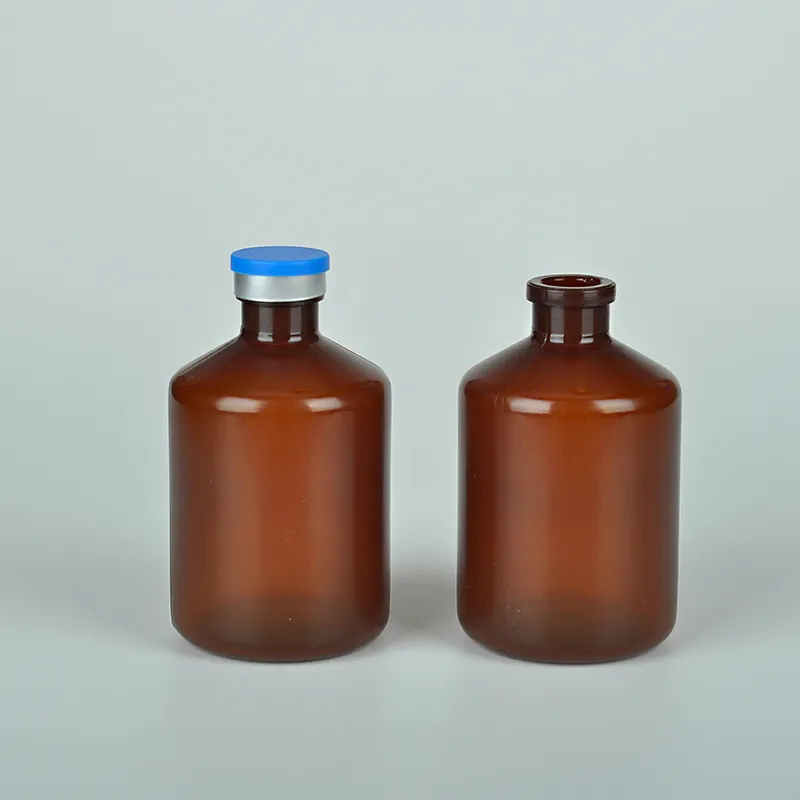sodium chloride injection bottle
Sodium Chloride Injection Bottle An Essential Medical Solution
Sodium chloride, commonly known as salt, is an integral component in various medical treatments, especially in the form of sodium chloride injection. This sterile solution, typically presented in an injection bottle, is widely used in healthcare settings for a multitude of purposes, making it an indispensable asset in medical practice.
At its core, sodium chloride injection is a sterile isotonic solution, which means its salt concentration is similar to that of the human body fluids. This characteristic allows it to be used safely in intravenous (IV) infusions, making it essential for maintaining fluid and electrolyte balance in patients. The injection is particularly prevalent in hospitals for rehydration therapy, where it is administered to patients who are dehydrated due to illness, surgery, or significant fluid loss.
One primary use of sodium chloride injection is in the management of patients with various medical conditions such as kidney disease, where maintaining fluid balance is crucial. Additionally, it plays a critical role during surgical procedures, wherein it is used to replenish lost fluids and maintain blood pressure. The flexibility of this solution in adjusting fluid volumes and electrolyte levels showcases its versatility in treatment protocols.
sodium chloride injection bottle

Moreover, sodium chloride injections serve as a diluent for the administration of other medications. Many drugs are diluted in saline solutions before being infused into patients, ensuring safe and effective delivery of therapeutic agents. This is especially important in oncology, where chemotherapy medications require precise dilutions to minimize potential side effects and enhance efficacy.
In terms of packaging, sodium chloride injection typically comes in 250 mL or 500 mL bottles, designed to maintain sterility and prevent contamination
. The bottles are equipped with secure closures, ensuring that the contents remain uncontaminated until they are ready to be used. This attention to detail in production is vital for patient safety and effective treatment outcomes.While sodium chloride injection is generally considered safe, it is essential for healthcare professionals to monitor patients for any potential adverse reactions, especially in those with pre-existing conditions such as heart failure or renal impairment. Adverse effects can occur, especially if the solution is administered inappropriately or in excess.
In conclusion, the sodium chloride injection bottle is more than just a medical supply; it is a lifeline for many patients in need of urgent medical care. Its ability to restore fluid balance and deliver essential medications makes it a cornerstone of modern healthcare practices, reflecting the ongoing commitment to patient safety and effective treatment.
-
Aesthetic Makeup Spray Bottles | Fine Mist Empty RefillableNewsAug.19,2025
-
White Plastic Veterinary Vaccine Vials | Lab Liquid BottlesNewsAug.18,2025
-
Plastic Medicine Liquid Bottle: Secure Flip Top Drug VialsNewsAug.17,2025
-
Durable 250ml Blue Plastic Vaccine Vial for Lab & Vet UseNewsAug.16,2025
-
Sterile Virus Sample Tubes: Secure & Reliable Specimen CollectionNewsAug.15,2025
-
White 250ml Plastic Vaccine Vial for Lab & Vet MedicineNewsAug.14,2025
























